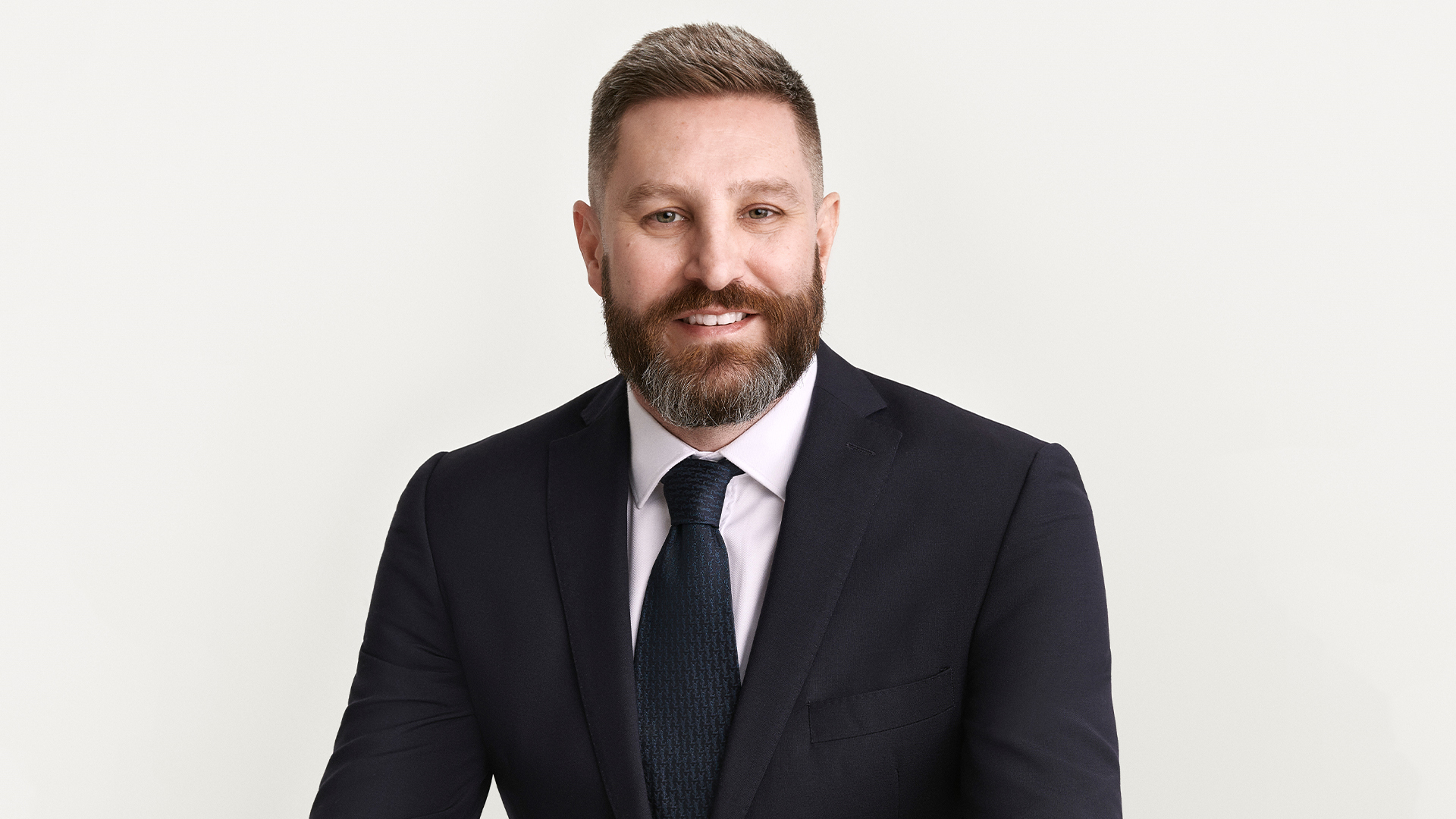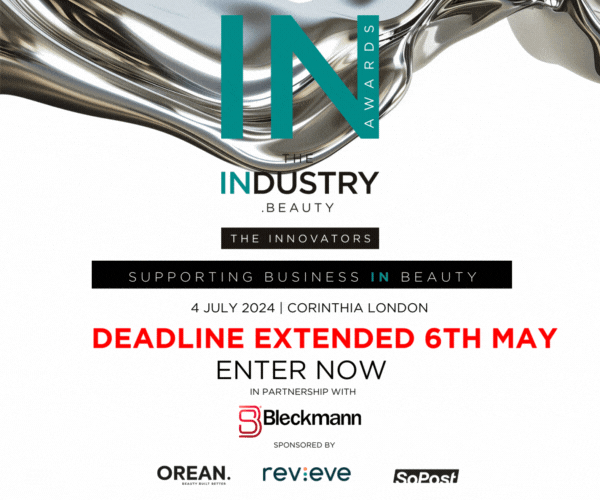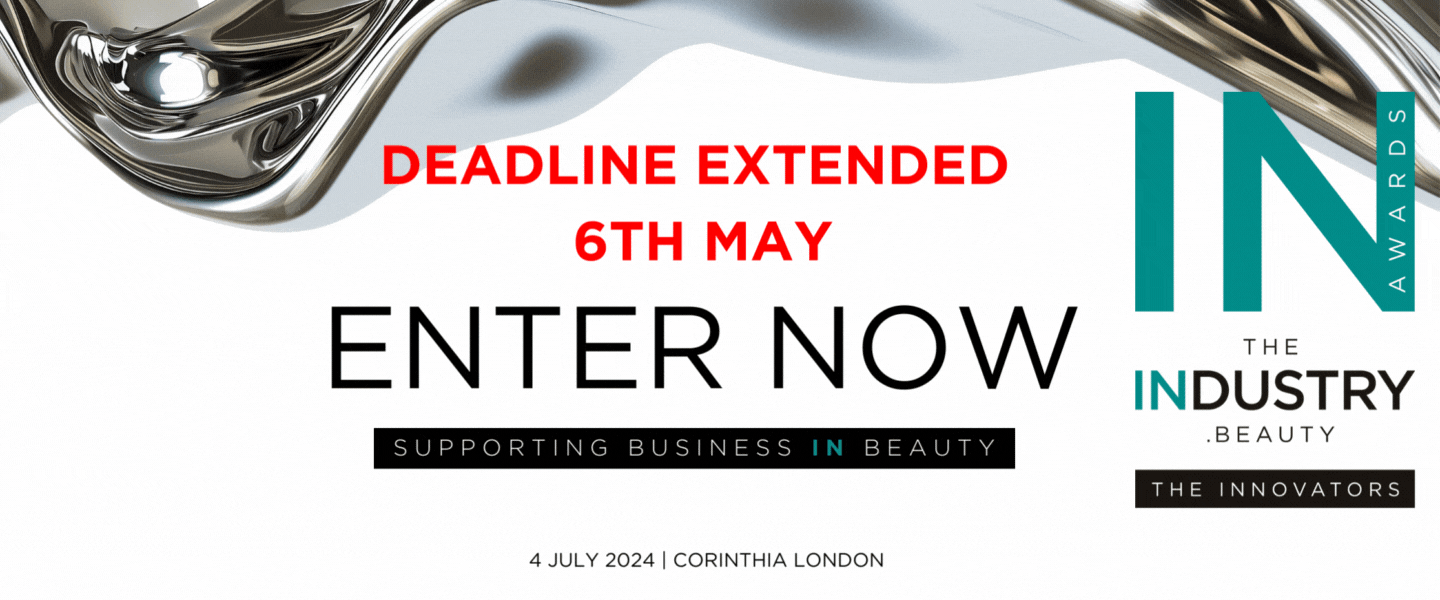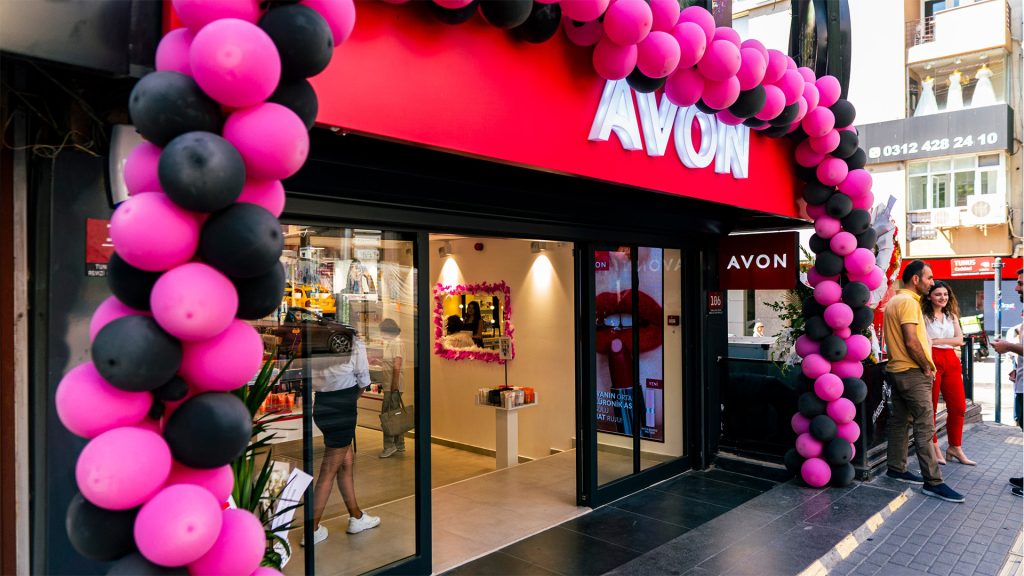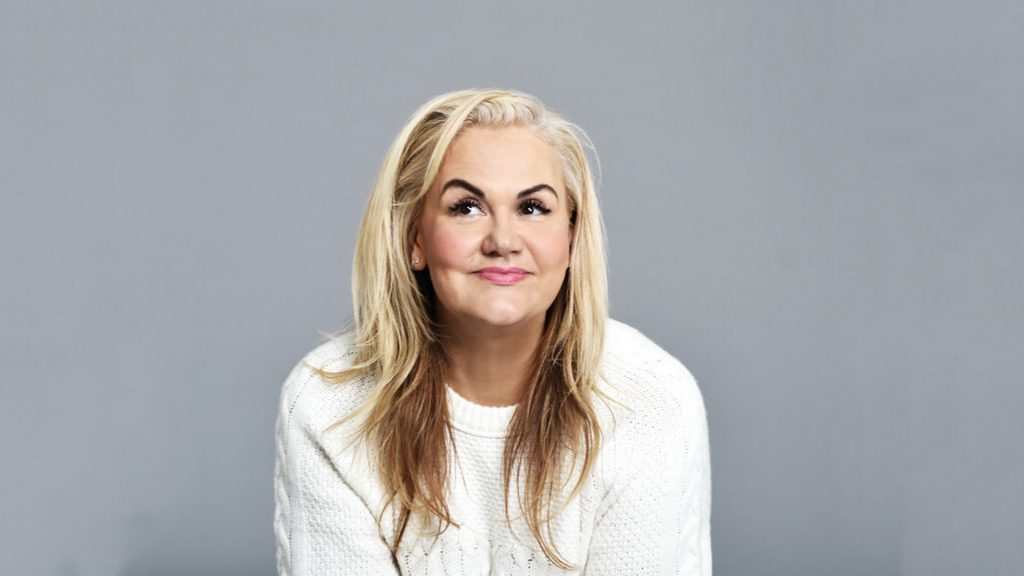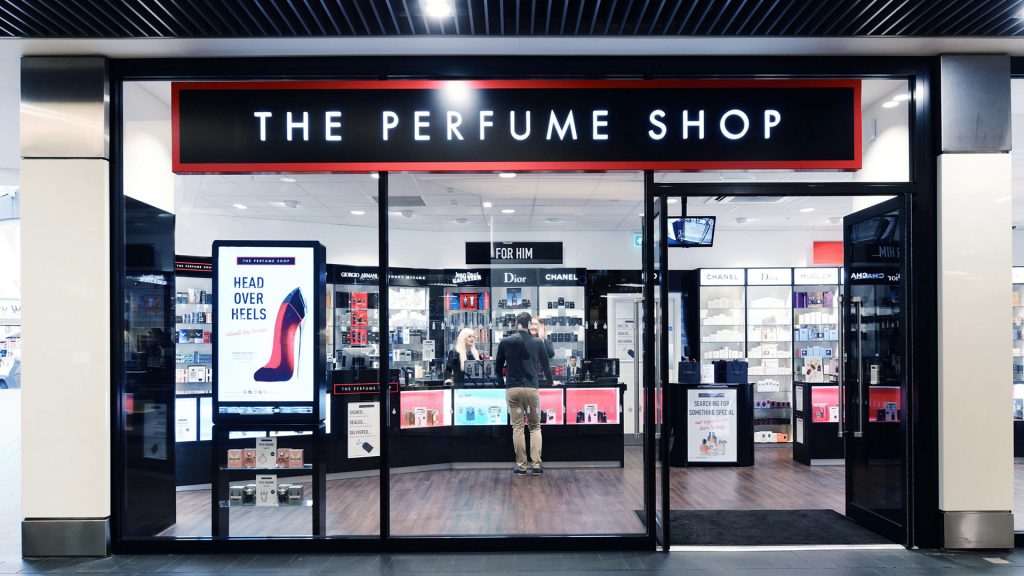The Interview: Paul Goldsmith, VP of Supply Chain at No7 Beauty Company
consists of a number of brands including No7, Liz Earle, Soap & Glory, Botanics, Sleek MakeUP and YourGoodSkin.
Behind these brands and the No7 Beauty Company, is a global supply chain team working to create seamless operations and ultimately, make sure these brands are accessible to their consumers around the world.
Paul Goldsmith is the Vice President of Global Supply Chain at No7 Beauty Company and International Retail at the With over 20 years experience in the beauty supply chain industry, Paul speaks to TheIndustry.beauty about No7's supply chain, the importance of sustainability and what it was like to join the company in the midst of a global pandemic.
You joined No7 in February 2021, but have been working in supply chain for around 20 years. How did you get into it?
I fell into supply chain by accident really. I actually started out in investment banking, but found it a little bit boring. I remember there was an advert, back when there were adverts in papers for jobs. They wanted supply chain professionals, which I was not, but I went to the interview and they clearly saw a little bit of potential. They moved me into a supply chain role and I fell in love!
I've been pretty fortunate in my career over the last 20 years. I've had the opportunity to work for the likes of L'Oreal, Estée Lauder and now No7 Beauty Company within WPA. I've done a number of operational and strategical roles, project and business transformation, where I have been able to progress.
I've had country level, regional and global roles but it's pretty much always been within the supply chain. This has also given me the opportunity to live and work overseas on a number of occasions. So, all the way from Accra in Ghana to most recently, living and working in Zurich, Switzerland
What has been your favourite place to live and work?
I'm going to have to say Switzerland because my wife is Swiss and that's where I met her. If I didn't say that, I'd probably be in trouble. My second favourite place would probably have to be Paris. I was relatively young there and enjoyed everything Paris has to offer like the culture, nightlife, food - it's just a fantastic place to live.
Now you're back in the UK and working at No7 Beauty Company. What does your role entail?
The way I see my role is I'm here and my team are here to really enable and support the brands within the No7 Beauty Company. Our brands are super equitable, they are there for everyone. So, one of the key things that we want to do from an availability perspective, whether it's in Boots in the UK or in our stores around the world, is make sure that our products are on the shelf for consumers to shop.
In terms of what the supply chain covers, it's really broad. So, everything from working with our third party manufacturers who produce our products, all the way through to how we transport those products through our supply network.
For warehousing and distribution, we have a very large number of significant warehouses globally. However, we do need to plan what needs to be where and when it needs to be there. So, we're responsible for demand planning and we do that with our commercial teams. There's also the way we collaborate with our retail partners like Boots and Walgreens. I have customer partnership teams who work with them on ordering processes and making sure that new launches are available, for example.
We do also have a global sourcing function within WBA, which sits alongside supply chain. So, I work very closely with sourcing on a lot of key supply and key supply issues.
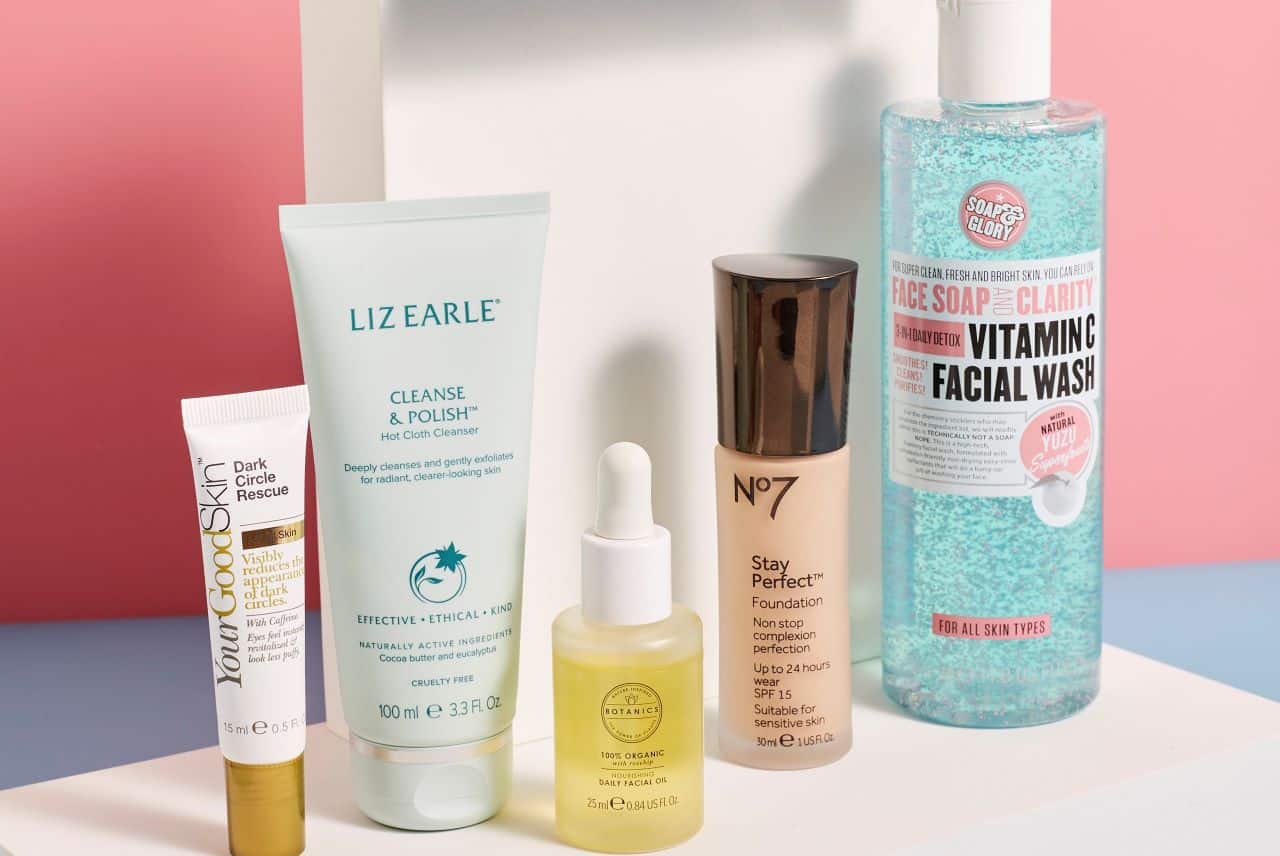
Brands in the No7 Beauty Company
Roughly how many suppliers are you dealing with?
From a No7 Beauty Company perspective, we deal with around 500 suppliers. That 500 covers areas like third party manufacturers, packaging suppliers and materials. Those suppliers are located in over 50 countries, but they're mainly across the UK, Europe and also Asia.
What does it take to become a supplier?
First and foremost, if you want to become a supplier for No7, you need to be able to add value to our business. Beyond that, there are some really basic non-negotiable fundamentals. So, all of our suppliers undergo a fairly significant audit to make sure they comply with our ethical sourcing standards and also our supplier code of conduct.
Our suppliers also have the ability to deal with our commercial colleagues and supply chain requirements. When I say supply chain requirements, if we enter into an agreement with a supplier, we need to ensure continuity of supply and availability. Then there's quality and technical requirements. The science behind our products is phenomenal and we're a market leader from that perspective. As a result of that, we have very demanding quality and technical requirements of our suppliers.
We also look for collaboration. So, we really want to be part of each other's businesses. We want to look at how we can improve the way we work together and what innovation each partner can bring.
You speak of innovation, how do the suppliers help you innovate?
There's a couple of ways. We have quite incredible R&D facilities internally within the No7 Beauty Company. We have a number of people with PhDs. These guys are highly technical, highly scientific and are looking into skincare developments and technology innovation. They look at that and question what are the consumers needs and how can we deliver to those needs?
We also partner with a lot of external bodies, particularly at the University of Manchester, helping us to understand how we can take innovation further. So, that's one side that's very much internally developed.
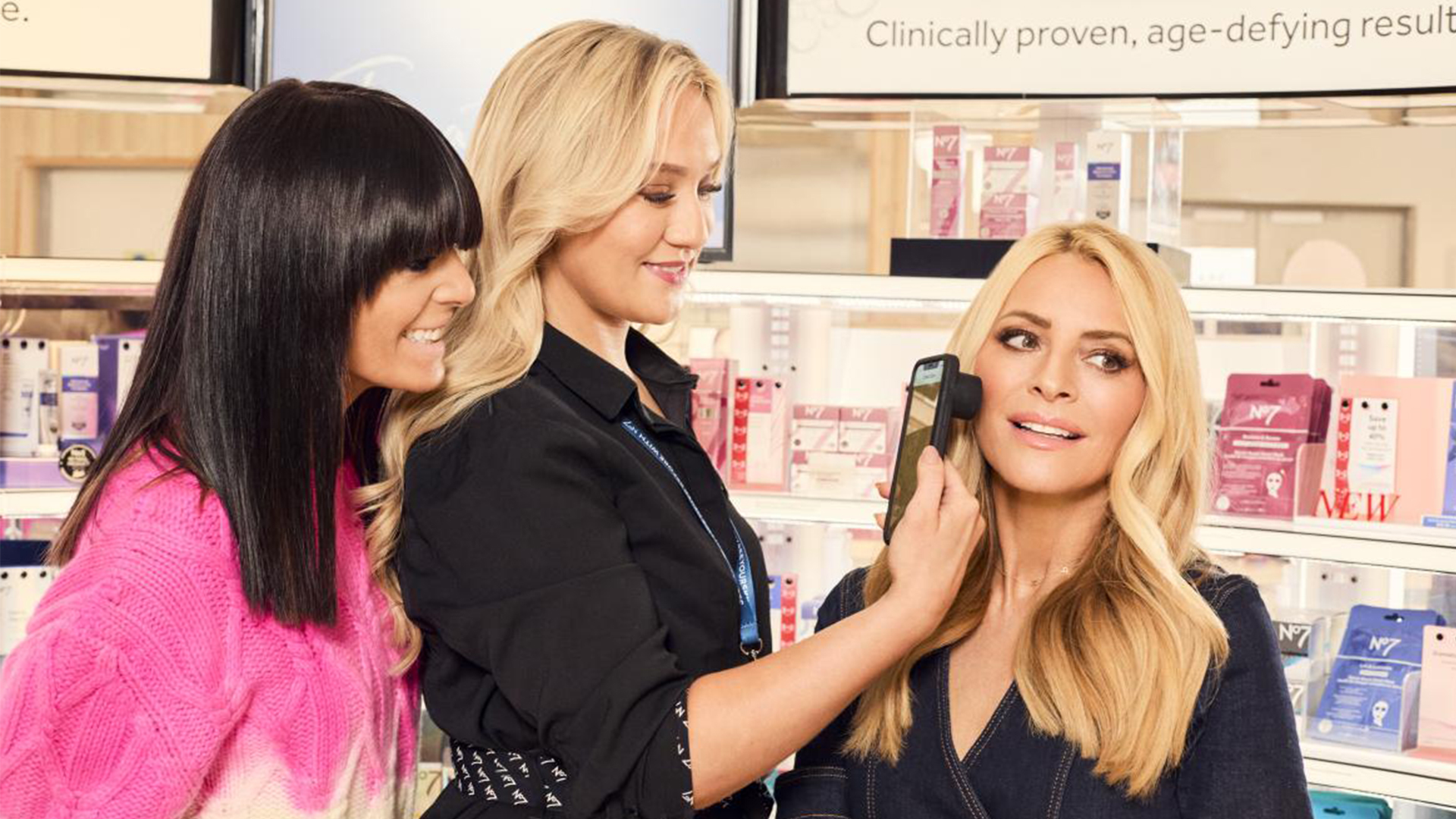
No7 Beauty Company's latest innovation: Pro Derm Scan
How long do suppliers stay with you? Are they typically long or short partnerships?
One of our key partners has been with us for 20+ years. Typically, we prefer to go for long term relationships. That's where we believe we can build the partnership to deliver value over the longer term. We're certainly not one of these companies who wants to enter into short term arrangements. We don't believe that's beneficial for either party.
How often do you review your supply chain and make sure you're happy with everything?
I could talk for a long time about this, but I'll give you the short version. We have a strategic plan, which looks ahead for a minimum of three to five years. Within that, we're looking at the external benchmarks for the supply chain. As well as what we need to do internally to support our brands. We look at things like distribution and logistics, inventory efficiency, how we're planning on our SOP transformation and supply network optimisation.
Every year, we take our three year plan and create a one year action plan about how we can improve. So, it's continuous but we pause every year to look three to five years out. When we pass through that, we have a very big focus on the next 12 months.
When you joined No7, did you set yourself any goals? Have you achieved any of them?
Absolutely! When I joined, we were in the midst of the global pandemic. We were really struggling with how we moved product around the world because of the various COVID-19 lockdowns. So, it was really about how do we create visibility of those risks, how do we mitigate those risks and how do we continue to make sure our products are available to consumers.
We worked very closely with all parts of the business and our suppliers, who were an incredible support to us. So, that was one of the key goals we really sought to achieve.
That sounds like a challenging time to join the company. Can you tell me more about how COVID-19 impacted the supply chain and operations of No7?
The pandemic created many global supply chain challenges for every company. I don't think anyone was immune from it. If we look at No7 Beauty Company specifically, we have a global supplier base who produce different components for us. Lockdowns in certain areas and different countries meant that those productions couldn't go ahead. So, the availability of raw materials and components were limited, which meant that what we could produce was also limited. We had to then really focus on the products we wanted to keep available.
We also had challenges with global shipping, where demand far outstripped the supply of shipping. The pandemic also impacted labour shortages in our warehouses, where people were put into lockdowns or they had to self isolate. This meant we had to very carefully manage our transport and our export partners. So, there wasn't really anywhere within supply chain that wasn't affected. But again, I'm really proud of the team, our partners, the company. It was really big learning curve and I think there's many lessons from that to take forward.
Are you still experiencing these challenges? What is it like now?
Globally, I think we're going to have supply chain challenges over the next nine to 12 months. However, I think the emphasis is really on how companies are going to mitigate and reduce the risk. No7 Beauty Company have been doing a really superb job of that.
What exactly have you been doing to combat these supply chain challenges?
We've been building resilience into our supply chain. Where we can, we're building inventory to buffer against longer lead times. We're also looking at increased inventory management. For our top sellers, where we need to have constant availability, we are producing more to protect against future risk. We're also working closely with our suppliers to understand what challenges they're facing and to see if there are any joint opportunities to work with them. For example, whether we can share shipping containers coming from Asia. This is one of the big things we're always trying to do is minimise the number of road, air and sea miles as much as possible. We've been successful in doing that with them.
Is this focus on road, air and sea miles also a focus from a sustainability perspective?
It's absolutely sustainability. We have a large global supply network and we want to be very efficient. We don't want to be shipping things continuously. We have to transport things but we want to do it in the most efficient way to reduce our carbon footprint. We've had quite some success in doing that in terms of how we consolidate our shipments around the world.
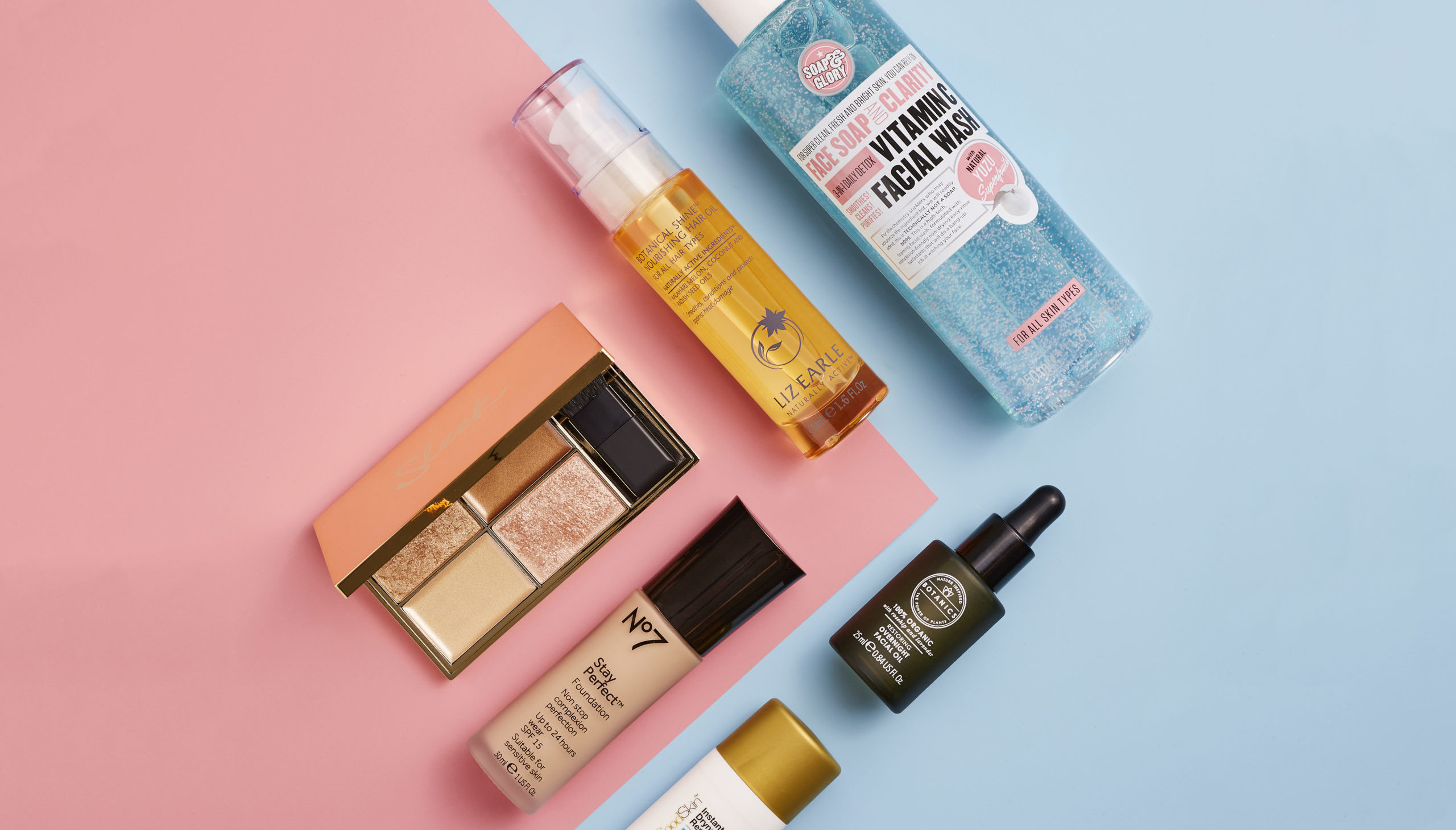
Brands in the No7 Beauty Company
What other things are you doing to make No7's supply chain more sustainable?
I'd say transparency and traceability is key. More and more consumers are wanting to know where products are sourced. So, that's a key journey we are on. From a chemicals and operational waste perspective, we want to continue to minimise that as much as we can and dispose of them in a sustainable way. We also always want to reduce our use of virgin plastic.
Then there's the road towards carbon net zero standards, which is a journey we're on alongside a lot of other companies.
How much importance do you place on sustainability in the supply chain?
A huge amount. It's a common theme throughout our strategy and three year plans. If we can find better ways of doing things, which are less harmful to the environment, we absolutely want to implement them.
Finally, is there anything your 20 years in the beauty supply chain has taught you?
I've got a few things really. I've been really fortunate with my career. I've had people who've really pushed me and believed in me. I am a strong believer that when you listen, you learn. So, I would say really take the opportunity to listen to people. I think another one is trying to get an appreciation of everyone's perspective.
Also, if you can get the same amount of enjoyment or pleasure from your job, in terms of great challenges but also great successes, then I think you'll really enjoy your career. I think it's when you have those harder and more challenging times, there's always significant learning in there. It doesn't always feel like a great place to be, but that's the place where you grow the most. So, I would say those are some of my key learnings and takeaways from being in the beauty industry over the last over 20 years.

